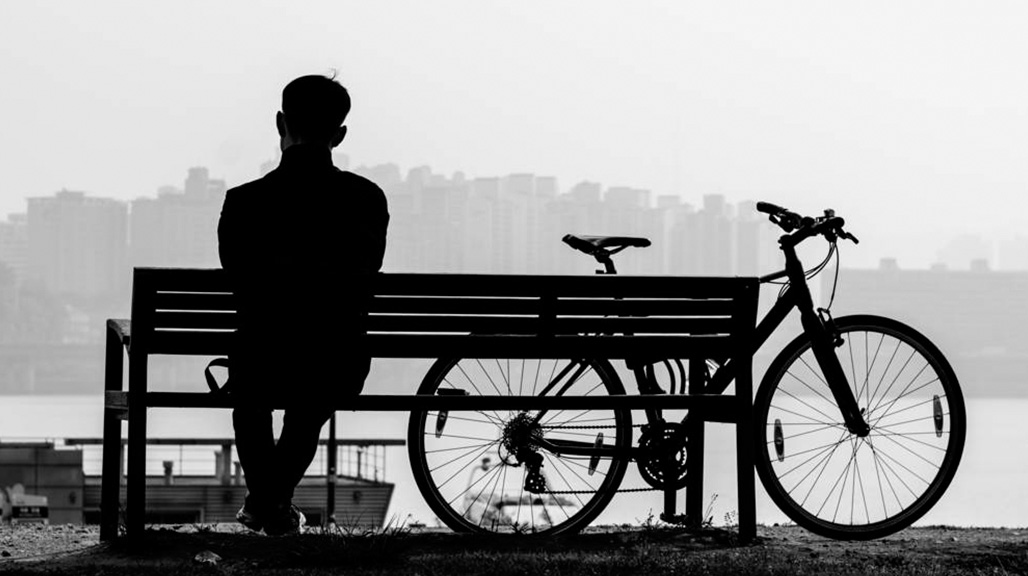Cocaine Addiction: Long-Term Effects Of Cocaine Part 2
 Contributed by
Suresh Joseph
September 26, 2016
Contributed by
Suresh Joseph
September 26, 2016

In Part 1, Suresh Joseph talked about what cocaine is, how it is ingested and its short-term effects. The following talks about the party drug’s long-term effects and more.
The Effects Of Cocaine Over Time
Over time, cocaine use has increased negative side effects both physically and psychologically. Cocaine is highly addictive and repeated use can quickly lead to cocaine dependence which carries a host of negative consequences, and affects all aspects of the user’s life. These can be broken down into physical and psychological effects on the user.
Long-Term Physical Effects Of Cocaine
With long-term use, the following parts of the body will be affected by cocaine:
- Brain
The brain adapts to cocaine use and changes in its ability to produce and receive neurotransmitters. This contributes to tolerance for the drug and also decreased sensitivity to our natural “feel good” brain chemicals. Cocaine also causes constricted blood vessels in the brain which can lead to strokes, seizures, and sudden death even in young people.
- Heart
Long-term cocaine use is hard on the heart. Increased heart rate and blood pressure coupled with constricted blood vessels can cause heart attacks. Cocaine can also lead to a deadly abnormal heart beat called arrhythmia.
- Respiratory System
Smoking crack cocaine can cause irreversible damage to the lungs. It can also cause acute respiratory failure.
- Stomach
Cocaine use constricts blood vessels in the stomach which over time causes ulcers, and can lead to ruptures in the stomach and intestines.
- Kidneys/Liver
Like any drug, cocaine use poses a serious threat to the kidneys and liver which have to work extra hard to deal with the poisonous substance. Cocaine can exacerbate long-term kidney failure in people with high blood pressure and can also cause sudden kidney failure.
- Nasal Passage
Snorting cocaine regularly causes serious damage to the nasal passages. This includes chronic sinus problems, nosebleeds, and nasal perforation.
Long-Term Psychological Effects Of Cocaine
Long-term use of cocaine can cause the following personality changes and effects on mental health:
- Aggression
Long-term use can lead to angry outbursts and increased aggression, especially when the effects of the drug wear off and the user is left with symptoms of withdrawal.
- Psychosis
Heavy cocaine use can cause auditory and sensory hallucinations and even full-blown psychosis where the individual displays erratic behaviour and loses touch with reality. Sensory hallucinations are sometimes described as feeling as though there are bugs crawling on the skin.
- Severe Depression
Prolonged cocaine use can lead to severe depression. Cocaine abuse causes changes in the brain’s reward system which lead to decreased sensitivity to natural reward exchanges in the brain and a need for increased cocaine to produce good feelings for the user.
- Insomnia/Fatigue
Sleeplessness due to cocaine use can lead to extreme fatigue. Over time, a cocaine user will find that their ability to sleep and rest, as well as feel alert and wakeful, is completely diminished. This, of course, affects the ability to perform daily tasks such as going to work and caring for oneself.
- Suicidal Thoughts
After prolonged use, cocaine withdrawal can lead to severe depression, suicidal thoughts, and even death by suicide.
As is evident above, the long-term effects of cocaine pose a serious threat to the user’s quality of life and can often result in death. Some people regularly abuse and become addicted to cocaine yet continue to function on the surface by maintaining high-level positions and family obligations. These high-functioning addicts are not immune to the serious negative effects of cocaine and consequences of drug addiction and should seek treatment.
How Is Cocaine Addiction Treated?
The effects of cocaine are extremely powerful both physically and psychologically. While cocaine withdrawal is rarely medically serious, the psychological effects are difficult to tolerate and intense cravings can send someone back to using after multiple attempts to stop. Most people will require either inpatient or outpatient drug rehab to recover from their addiction.
Treatment for addiction to cocaine must be holistic and comprehensive, as the drug not only affects the brain but also creates psychological, physical, and social problems. Currently, effective treatment includes 12 Steps approaches, Cognitive Behavioural Therapy (CBT), plus one-on-one and group addiction counselling – all of which support intensive relapse prevention planning. The risk for relapse with cocaine is especially high, as users can experience intense cravings even after years of abstinence.
At The Cabin we have two world-class addiction treatment centres: residential addiction treatment in Chiang Mai, Thailand, and intensive outpatient drug rehab in Hong Kong. Both treatment centres provide effective treatment to heal from the effects of cocaine on the body and brain. Contact our specialists today if you or a loved one is struggling with addiction.
Visit the The Cabin Singapore page to find out more about Suresh’s work.











Sorry, the comment form is closed at this time.